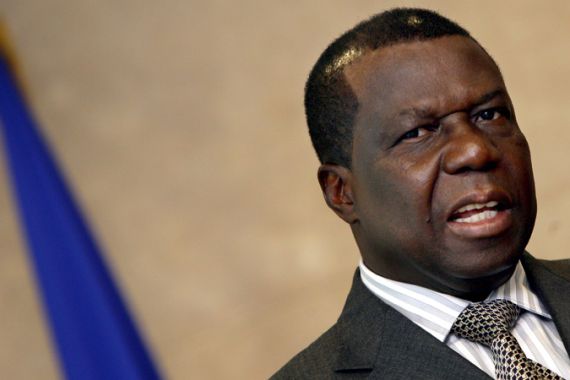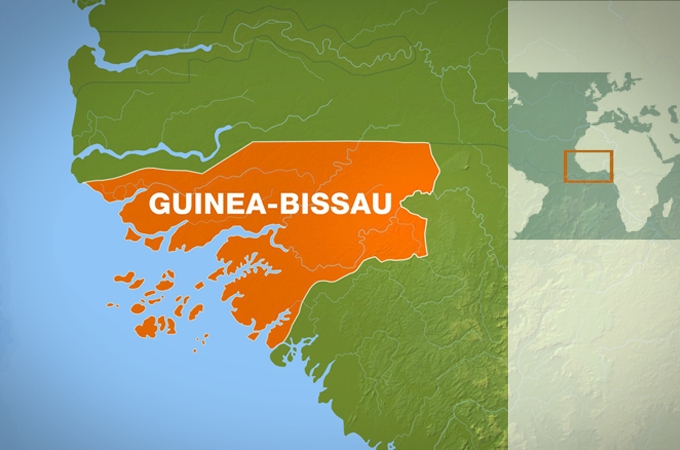Country profile: Guinea-Bissau
One of world’s poorest and least politically stable nations, Guinea-Bissau also a staging post for Europe-bound cocaine.

Reports of an attempted coup in Guinea-Bissau mark the latest chapter in a turbulent political history punctuated by military power grabs and the assassination of the country’s longest ruling president.
In addition to frequent upheaval, the small West African nation is considered one of the world’s poorest nations with a GDP per capita of $1,100, according to the CIA World Factbook, and suffers low literacy rates and a severe lack of access to healthcare.
Owing to its political and economic weakness and favourable geography, which includes an archipelago of Atlantic islands, Guinea-Bissau has also become an important hub for Europe-bound drugs from Latin America, with cocaine believed to be the country’s most lucrative trade.
After centuries as a Portuguese colony, Guinea-Bissau gained independence in 1974 following a more than 15-year revolution against Lisbon’s rule led by the African Party for the Independence of Guinea and Cape Verde (PAIGC).
Luis Cabral, whose half-brother had founded and led PAIGC until his assassination in 1973, became the country’s first president, but he was toppled in a 1980 military coup led by Joao Bernardo Vieira.
Plots and purges
Vieira’s rule was characterised by suppression of opposition and purges of rivals, according to the CIA World Factbook, including the thwarting of alleged coup plots in 1983, 1984 and 1993.
Moves towards democracy saw the country stage elections for the first time in 1994, with Vieira elected to the presidency.
|
But an army uprising triggered a civil war in 1998, with Vieira removed from power by the military a year later.
Another military coup, this one bloodless, took place in 2003, and the military allowed legislative elections to be held seven months later in 2004, although a series of military mutinies delayed presidential elections scheduled for later in the year.
Presidential elections were finally held in June 2005, with Vieira voted back into power. But he was shot dead by soldiers in a 2009 attack, shortly after a bomb blast had killed the head of the country’s military.
Elections in 2009 saw Malam Bacai Sanha, a former interim president during the country’s civil war, elected to the presidency, but Sanha died in a Paris hospital due to what are believed to be diabetes-related problems in January this year.
Army chiefs said in December 2011, while Sanha was in Paris, that they had thwarted an attempted coup , arresting the country’s navy chief and dozens of soldiers accused of stockpiling weapons.
Sanha’s death prompted early elections in March, with a runoff vote between outgoing prime minister Carlos Gomes Junior and former president Kumba Yala set for the end of April.
Drugs hub
Leaked US diplomatic cables released by WikiLeaks in 2011 highlighted Guinea-Bissau’s burgeoning reputation as a hub for Latin American drug producers seeking access to European markets.
Cartels identified the country’s uninhabited islands as a prime place to land small planes loaded with drugs, which are then transported to Europe in smaller quantities.
Traffickers, according to analysts, had bought off key members of the government and the military, creating a “narcostate”.
According to a 2007 cable written by the US embassy in Guinea-Bissau entitled “No confidence in government, high confidence in drugs”, politicians were routinely “purchased with drug money”.
Helder Proenca, Guinea- Bissau’s defence minister at the time, was “widely believed to be a drug kingpin”, the cable said.
Proenca was subsequently alleged to have been part of the 2009 coup plot that killed Vieira and was shot dead by soldiers later in the same year.
